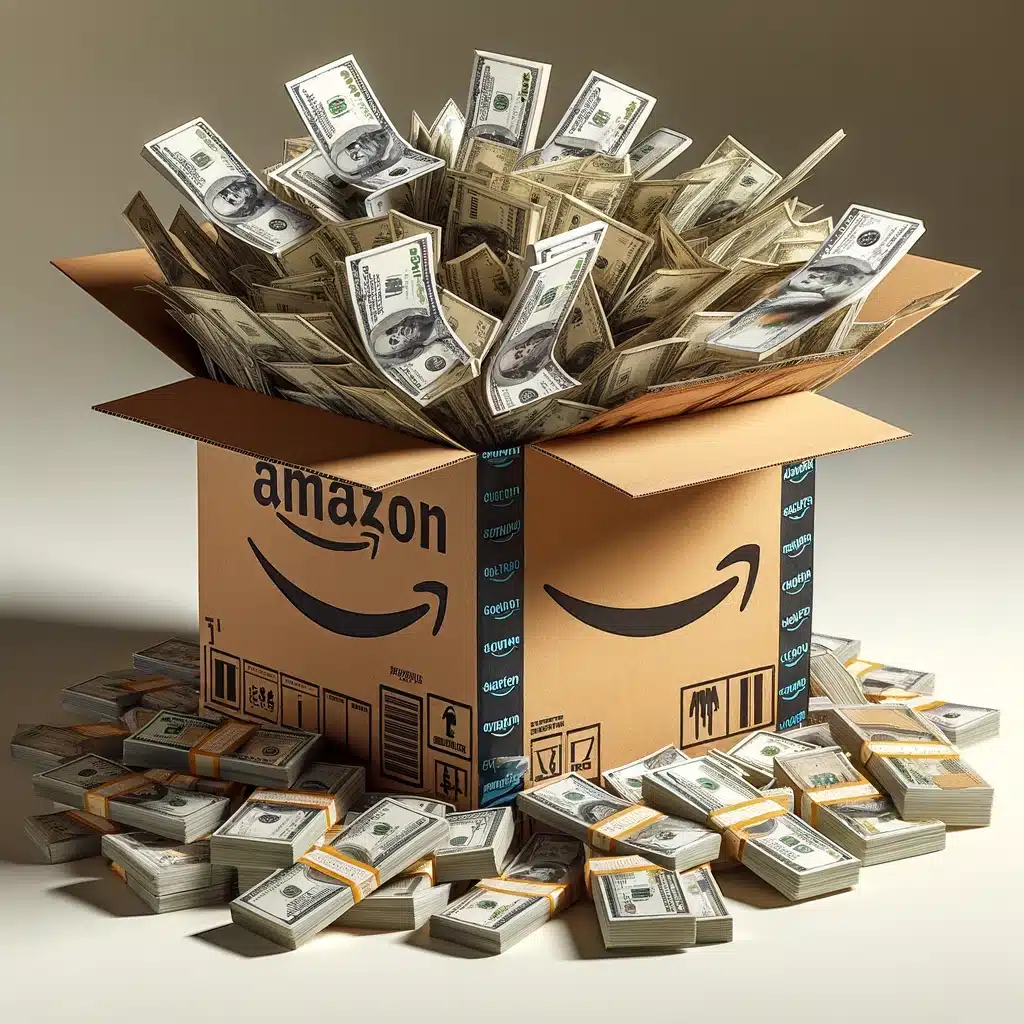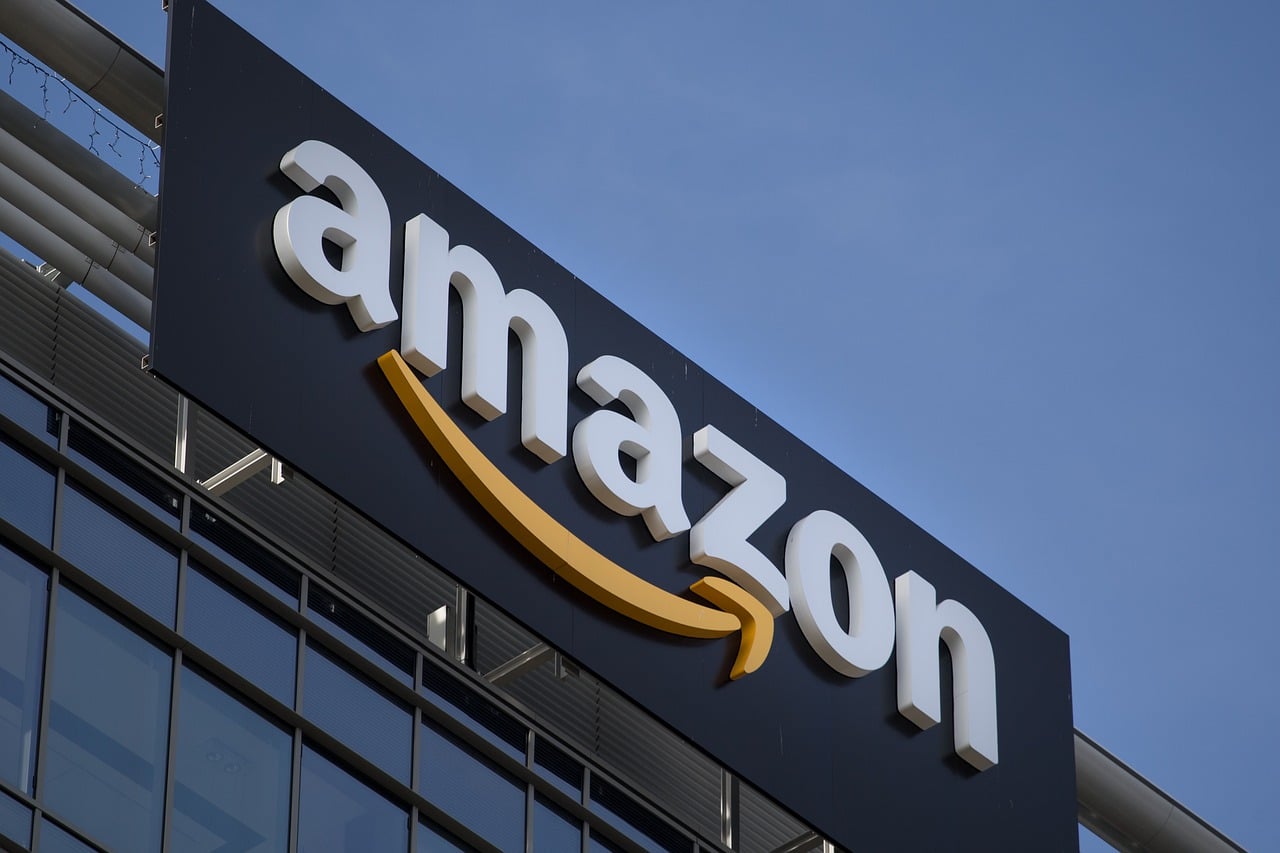
 Afraid of buying Amazon stock because its predatory nature will bring on antitrust attention?
Afraid of buying Amazon stock because its predatory nature will bring on antitrust attention?
You shouldn’t be, says one investor.
Investors troubled by regulatory pressures on Amazon (Amazon Stock Quote,Chart, News NASDAQ:AMZN) should put their worries to bed, according to portfolio manager David Fingold of Dynamic Funds, who claims that rather than skewing competition through its actions, the e-commerce company is behaving like every other retailer by trying to woo customers with bargain prices.
Amazon’s share price has been struggling over the past year to return to form, with a number of concerns seemingly weighing on the stock, including disappointing earnings, questions over its ventures in hardware and bricks and mortar and, most glaringly, growing calls for regulatory control from US lawmakers who fear that the tech giant has grown too big for our own good.
This week, US Senator and Democratic front runner Elizabeth Warren issued a fresh call to arms, saying that companies like Google, Facebook and Amazon have “too much power over our economy, our society and our democracy.” Warren’s statements come after both the US Department of Justice and the Federal Trade Commission have announced investigations into potential antitrust behaviour by Big Tech, including Amazon, whose dominance over online retail some see as stifling competition.
But Fingold doesn’t buy it.
“Predatory” practices similar to the ones Amazon uses are everywhere…
“My suspicion is that on the regulatory concerns within Amazon itself, that is, around how they make money, that it’s very similar to how grocery stores make their money, so I don’t understand how it would have a regulatory finding against the company that doesn’t in fact hurt the grocery store companies more,” says Fingold, vice president and senior portfolio manager at Dynamic Funds, in conversation with BNN Bloomberg on Wednesday.
“I’m thinking in particular about their advertising business where they take incentives from manufacturers in order to determine how to position products and merch and how they feature private label products and so forth. Regulators have discussed all of that, and grocery stores do the same thing — they have loyalty cards and therefore they use client data,” he says.
Fingold says that while Amazon’s share price has been facing pressure recently, the more long-term picture looks better — although a forced splintering of the company would be a boon for its cloud segment, AWS.
“I think that Amazon is a great company and we owned it for many years,” Fingold says. “We’ve been out of it for about 12 months now, mostly because we’ve been trying to figure out where their operating expenses would be because without that it’s hard for us to come up with an earnings estimate. But I do think that it bears observation. It’s on our watch list.”
“I think that the company is having an issue short-term because there could be some regulatory overhang. I have a feeling that if regulators require Amazon Web Services to be separated, for instance, that that would actually be a very beneficial catalyst because it’s a very valuable business,” he says.
Amazon’s share price peaked above $2,000 in early July, the second time it has reached those heights, but a mixed quarterly report in late July started the stock on a downward trend. Amazon posted a strong top line for its second quarter, coming in with revenue of $63.4 billion, a 20-per-cent increase over the same period a year earlier and better than analysts had expected. But earnings came in at $5.22 per share whereas analysts had been expecting $5.57 per share. (All figures in US dollars.)
Disclosure: Cantech’s Nick Waddell owns shares of Amazon
Leave a Reply
You must be logged in to post a comment.






 Share
Share Tweet
Tweet Share
Share




Comment